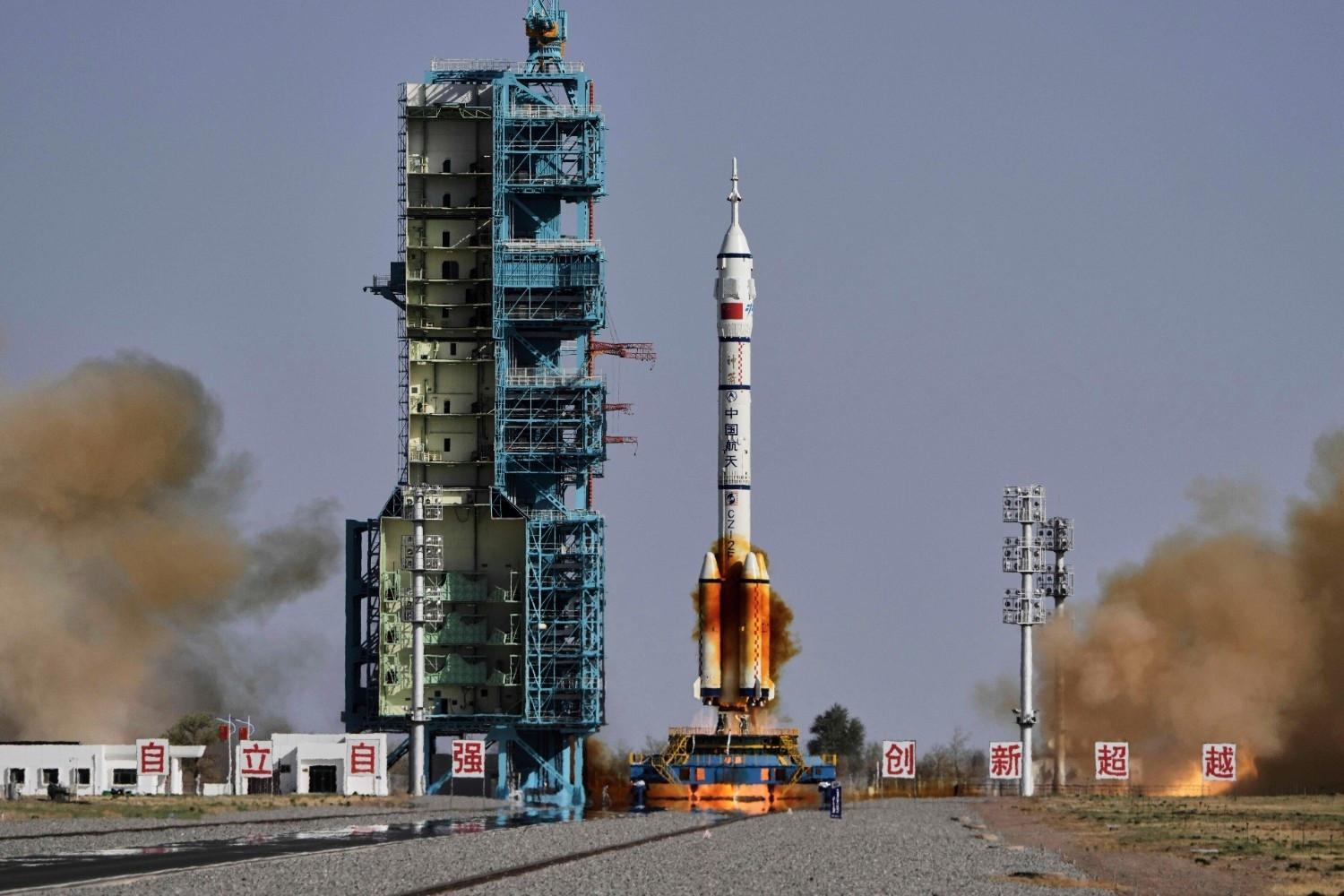
As Russia held its Victory Day parade this year, hackers backing the Kremlin hijacked an orbiting satellite that provides television service to Ukraine.
Instead of normal programing, Ukrainian viewers saw parade footage beamed in from Moscow: waves of tanks, soldiers and weaponry.
The message was meant to intimidate and was an illustration that 21st-century war is waged not just on land, sea and air but also in cyberspace and the reaches of outer space.
Disabling a satellite could deal a devastating blow without one bullet, and it can be done by targeting the satellite's security software or disrupting its ability to send or receive signals from Earth.
“If you can impede a satellite's ability to communicate, you can cause a significant disruption,” said Tom Pace, CEO of NetRise, a cybersecurity firm.
“Think about GPS...Imagine if a population lost that and the confusion it would cause,” he said.
More than 12,000 operating satellites now orbit the planet, playing a critical role not just in broadcast communications but also in military operations, navigation systems like GPS, intelligence gathering and economic supply chains.
That makes them a significant national security vulnerability, and a prime target for anyone looking to undermine an adversary's economy or military readiness.
Hackers typically look for the weakest link in the software or hardware that supports a satellite or controls its communications with Earth. The actual orbiting device may be secure, but if it's running on outdated software, it can be easily exploited.
As Russian forces invaded Ukraine in 2022, someone targeted Viasat, the U.S.-based satellite company used by Ukraine's government and military. The hack, which Kiev blamed on Moscow, used malware to infect tens of thousands of modems, creating an outage affecting wide swaths of Europe.
National security officials say Russia is developing a nuclear, space-based weapon designed to take out virtually every satellite in low-Earth orbit at once. The weapon would combine a physical attack that would ripple outward, destroying more satellites, while the nuclear component is used to fry their electronics.
Russia and China also would lose satellites, though they are believed to be less reliant on the same kinds of satellites as the U.S.
Mining the moon and beyond
Valuable minerals and other materials found on the moon and in asteroids could also lead to future conflicts as nations look to exploit new technologies and energy sources.
Acting NASA Administrator Sean Duffy announced plans this month to send a small nuclear reactor to the moon, saying it's important the U.S. does so before China or Russia.
The moon is rich in a material known as helium 3, which scientists believe could be used in nuclear fusion to generate huge amounts of energy.
While that technology is decades away, control over the moon in the intervening years could determine which countries emerge as superpowers, according to Joseph Rooke, a London-based cybersecurity expert.
The end of the Cold War temporarily halted a lot of investments in space, but competition is likely to increase as the promise of mining the moon becomes a reality.
“This isn't sci-fi. It's quickly becoming a reality,” Rooke said. “If you dominate Earth’s energy needs, that’s game over.”
China and Russia have announced plans for their own nuclear plants on the moon in the coming years, while the U.S. is planning missions to the moon and Mars. Artificial intelligence is likely to speed up the competition, as is the demand for the energy that AI requires.